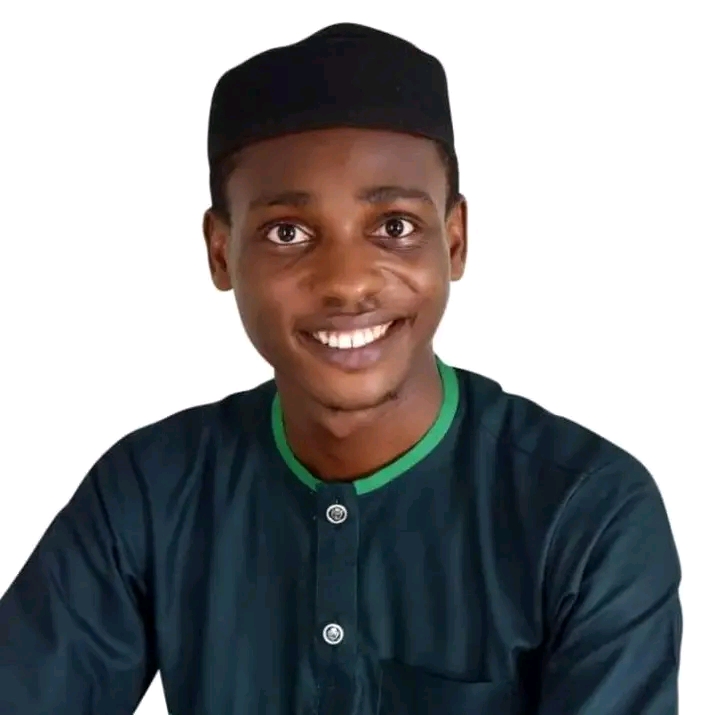Disability-inclusive governance in Africa: From paper to reality
July 15by Archibong Bassey & Victor Okechukwu Chimezie
In Africa, data reveals that people with disabilities (PWDs) account for over 80 million (estimated at 10–20% of Africa’s population). Yet PWDs in Africa face critical barriers stemming from stigma and intersectionalities that affect their wellbeing and participation in society.
The UN Convention on the Rights of Persons with Disabilities (UN CRPD) and the Protocol to the African Charter on Human and Peoples’ Rights on the Rights of Persons with Disabilities in Africa, adopted in 2006 and 2018, respectively, are legally binding human rights instruments in Africa that represent major milestones in the disability inclusion movement. With the birth of these instruments, the critical issue of Disability inclusion in governance has come to light in Africa.
Nigeria accounts for over 29 million of the people with disabilities in Africa, yet disability-inclusive governance is a far cry from the country’s political agenda. Recently, it was shocking to find out that people living with disabilities under the umbrella of The Albino Foundation (TAF Africa) had to write an open letter requesting recognition under the present governance. In an interview with the founder, Jake Epelle, this is what he said:
“We wish to express our disappointment that despite the disability inclusion interventions at the national level, the transition committee of the president-elect has no representation of the community of persons with disabilities. This could have been a unique opportunity to break down social stigmas by ensuring that persons with disabilities appear alongside other citizens as active participants in the transition process of the president-elect”
It is also important to note that while Nigeria has taken steps to address disability discrimination by enacting its Discrimination against Persons with Disabilities (Prohibition) Act, the country, along with 46 other African countries, has not ratified the African Disability Rights Protocol. These are some of the issues hampering disability inclusion in governance on a regional scale in Africa.
A 2019 study reported that barriers and challenges experienced by people with disabilities in political participation and governance are highly complex and multi-faceted. During electoral processes, PWDs face precarious challenges in accessing electoral information, transportation to electoral venues, and acquiring accessible formats of ballot papers. Critical barriers that hinder political participation in governance were found to include negative perceptions and discriminatory attitudes towards these minority groups. In addition, there is a shortage of data regarding persons with disabilities in Africa across all levels of governance.
Practical strategies must be implemented towards tackling systematic bottlenecks impeding disability inclusion. Some notable and evidence-based strategies include raising disability-inclusive awareness in governance, strengthening equal opportunity policies, collaborating with organizations of PWDs, providing inclusive infrastructure for physical accessibility, increasing financial and research investments, as well as empowering young people with disabilities to harness the demographic dividend of disability inclusion in African governance.
While progress has been made with disability-related instruments on paper, disability inclusion in African governance is still a far cry. Efforts must be made to advance disability-inclusive governance towards bridging the gap between what is written on paper and the reality experienced by persons with disabilities, making their full participation a cornerstone of African governance.
Archibong Bassey is a co-author of this article. He is a highly accomplished young professional with five years of experience collaborating with local and international organizations to address various health and development challenges. Recognized as a global young leader, Archibong has received prestigious accolades for his outstanding contributions. He was selected as an AFRICAVE Fellow, followed by being named a Fellow of President Obama’s Young African Leaders Initiative and was honoured as a Changemaker for the Global Leadership Challenge in Oxford. Additionally, he was awarded the Commonwealth Scholarship in 2021, which enabled him to pursue a Master’s degree in Public Health in the United Kingdom. With an open mind and a commitment to the mission of impacting lives, he actively seeks opportunities to contribute to the advancement of human rights, public health and sustainable development in Africa.






